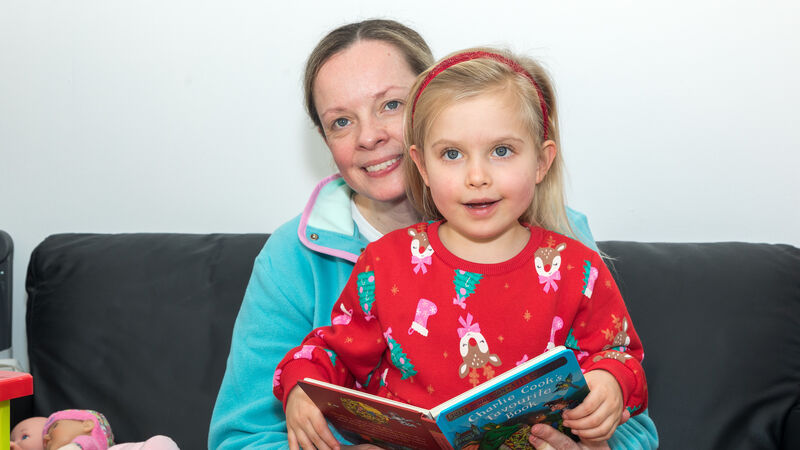'We’re strict on not giving screens a couple of hours before bedtime': How to reduce your child's screen time

Nina Bermingham and her four-year-old daughter Sophie Kavanagh read a story together from the Yoto collection in the playroom at their home in Cork. -Picture: David Creedon








